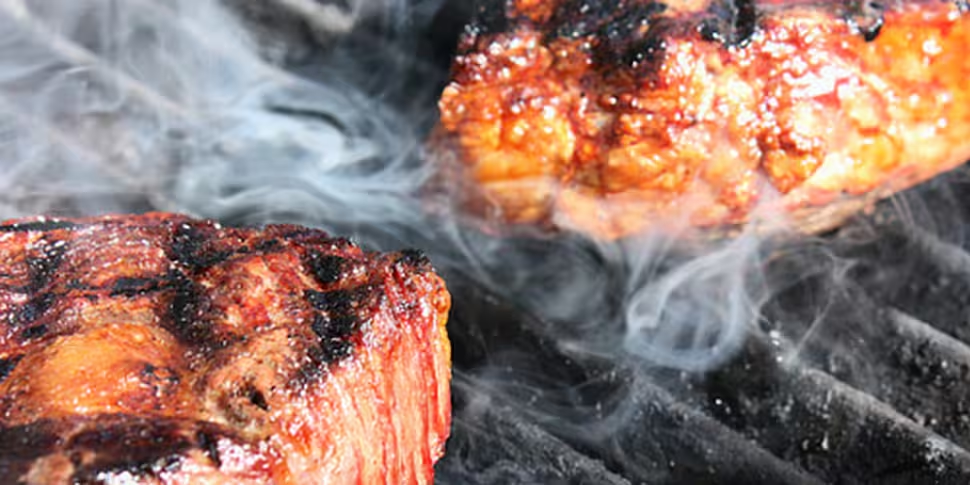Defining climate change as “an ethical problem,” a leading Danish think tank called the Council of Ethics has mooted potentially introducing a ‘red meat tax’ to encourage consumers to eat less beef for environmental reasons.
The council, consisting of members appointed by the Danish parliament, has called on Danes to accept the ethical obligation to reduce the Nordic nation’s carbon footprint by lowering the servings of red meat on their dinner plates.
According to the UN Food & Agriculture, the livestock agricultural industry is a massive producer of greenhouse gas emissions, responsible for 18% of annual emissions – more than the total exhaust gases produced by all forms of transport around the world. Beef and dairy farming alone contributes 10% of all emissions and conservative environmental estimates suggest that it requires at least 43,000 litres of water to produce merely one kilogram of beef.
The Danish Council of Ethics, also known as Det Etiske Råd, has advised Danish citizens that they will likely have to face some sort of climate taxation to lower the country’s meat consumption. Over a period of six months, the council’s members discussed whether consumers could make the change themselves or whether the government should introduce a bill to encourage more ethical eating habits by directly taxing food items that are responsible for the biggest greenhouse emissions.
According to a statement, the council’s debate ultimately led to the position that leaving consumers to make the change themselves “will not be effective.”
“An effective response to climate-damaging foods that will also contribute to raising awareness of climate change must be united, which requires that society sends a clear signal through regulation,” council spokesman Mickey Gjerris said, The Local reports.
By a vote of 14 to three, the Council of Ethics is now firmly behind the concept of a red meat tax, with the council adding that it would ultimately like to see a tax on all food items that have a serious environmental impact. For now, only beef, which the council members described as “inarguably the most destructive” food on the planet, has been recommended to come under the remit of a climate tax.
In response to the Council of Ethics recommendation, a spokesperson for Venstre, the Danish party currently in power, said that it was highly unlikely that the government would unleash such an ineffective “bureaucratic monster” on the Danish taxpayers.
“Maybe it would get beef consumption to fall in Denmark, but it wouldn’t do much of anything for the world’s CO2 emissions,” Thomas Danielsen told the state broadcaster DR.









